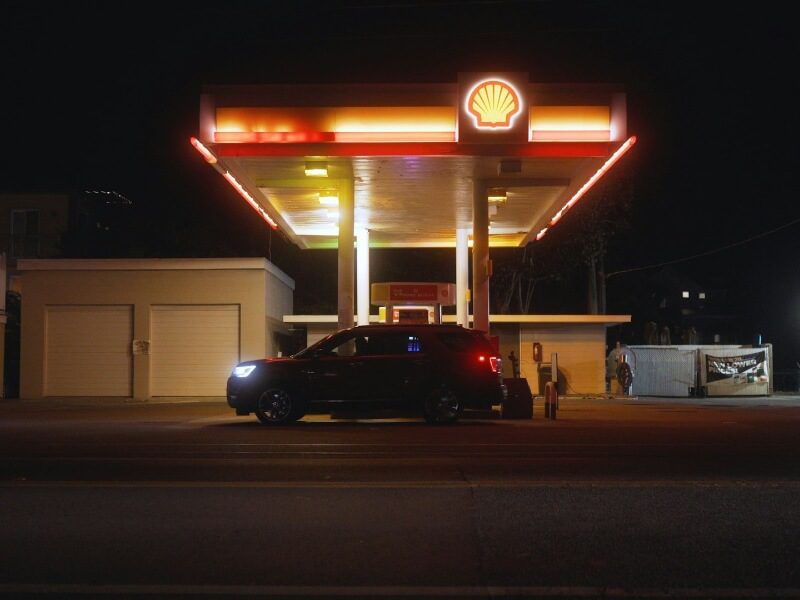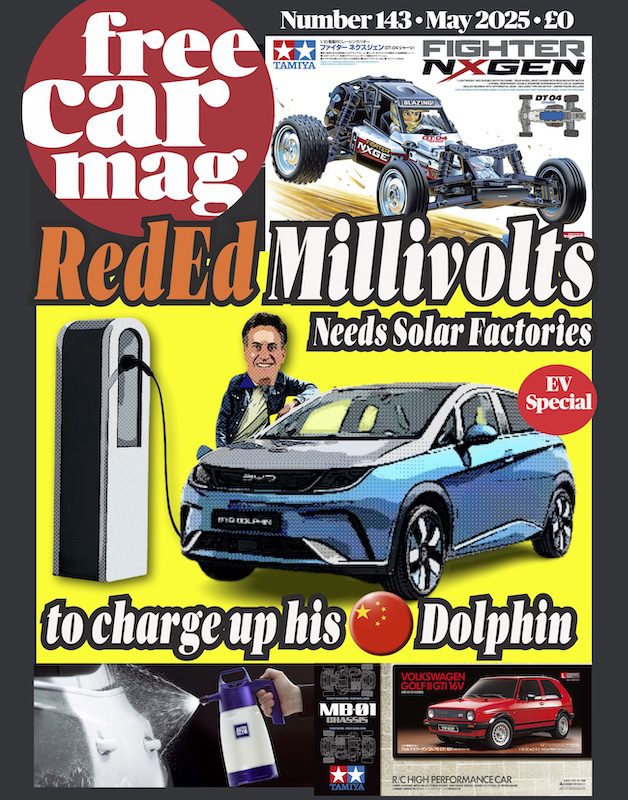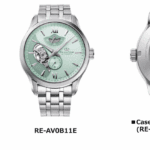Even when fuel prices remain unpredictable, you shouldn’t overlook simple habits that improve gas mileage. Small adjustments can reduce fuel consumption, save money and extend your vehicle’s lifespan say Oscar Collins Editor in Chief of Modded.
These strategies offer cost-effective alternatives to expensive upgrades or major changes.
1. Replace Your Air Filters
Old engine and cabin air filters restrict airflow, forcing the system to overwork and burn more fuel. Check them monthly, especially if your area has poor outdoor air quality or you do a lot of stop-and-go driving. Replace them if they are visibly dirty. Even if they look clean, it’s wise to change them yearly, or every 12,000 miles.
A clean air filter maintains airflow efficiency, preventing energy waste. It also reduces dust buildup, which leads to costly maintenance or early system failure. This simple fix enhances fuel savings and vehicle performance.
2. Keep Your Speed in Check
Keeping a consistent speed and steering clear of abrupt halts can enhance fuel efficiency. You can cut your fuel usage by 20% by sticking to the speed limit and lowering your speed on the highway. Driving faster increases fuel consumption, even over short distances. Staying within the posted speed limit also improves safety while extending vehicle efficiency on highways and urban roads.
3. Lighten Your Load for Better Efficiency
Heavier vehicles consume more gas to overcome inertia, as their greater resistance to motion demands more energy for acceleration. In this sense, weight influences a vehicle’s fuel use by about 75%, which makes it one of the most significant factors impacting gas mileage.
Reducing your vehicle’s weight by removing unnecessary items and not using it to tow or store heavy cargo will improve fuel efficiency and reduce the gas you need for daily trips. The difference will be especially noticeable when you drive in the city and frequently accelerate from a full stop.
4. Manage Air Conditioning Use
When the weather is warm, fuel efficiency can improve because the engine warms up faster. Plus, summer gasoline blends might provide extra energy, and warm air reduces aerodynamic drag compared to cold air. In the peak of summer, air conditioning can lower a traditional vehicle’s fuel efficiency by over 25% — especially during short drives.
To reduce fuel waste, consider parking in shaded areas, using a sunshade and allowing the cabin to cool before activating the AC. It’s also beneficial to roll down the windows at lower speeds and switch to air conditioning on the highway to cut drag. Lastly, avoid running the engine while idling with the AC on, as it cools more effectively when the car is in motion.
5. Explore Hybrid-Electric Vehicles
Hybrid-electric vehicles achieve 40% to 45% greater fuel economy in real-world driving while cutting emissions by up to 30%. These vehicles combine a combustion engine with a battery, optimizing energy use in stop-and-go traffic.
Though upfront costs may be higher, savings on fuel and reduced emissions make hybrids a smart long-term investment, aligning with evolving efficiency standards and environmental goals.
6. Optimize Tire Alignment
Rolling resistance refers to the energy required for your car to move along a road. When it’s higher, it results in increased fuel consumption. Proper wheel alignment allows your tires to roll straight with minimal resistance. You can improve gas mileage by up to 10% by having your tires realigned.
Routine checks — especially after rough terrain or curb impacts — keep alignment optimal. Though often overlooked, this maintenance step boosts fuel economy and vehicle longevity without major mechanical upgrades.
7. Minimize Idling to Save Fuel
Idling wastes fuel and increases emissions without moving your vehicle. Restarting a modern engine typically uses less fuel than letting it idle, unless you get stuck in traffic. Extended idling also leads to incomplete combustion, which releases carbon monoxide and other pollutants.
Newer vehicles often include idle start-go systems that automatically shut off the engine when stopped and restart it when needed. When the average vehicle parking time is longer than nine seconds, it’s an effective measure to improve fuel economy.
Small Adjustments, Big Impact on Gas Mileage
Tiny changes to your daily habits can lead to impressive savings at the pump. While each individual action might seem minor, they add up over time, helping you save money and reduce emissions.
Monitoring your fuel efficiency is a wise way to catch issues before they escalate. By consistently making these adjustments, you’ll see a noticeable improvement in your vehicle’s performance and enjoy a smoother, more efficient driving experience.
Author Bio: Oscar Collins is the editor-in-chief of Modded. He has over five years of experience writing in the auto space, having published with Automotive News, Carwash and InAutomotive. Follow him on X @TModded for frequent updates on his work.












